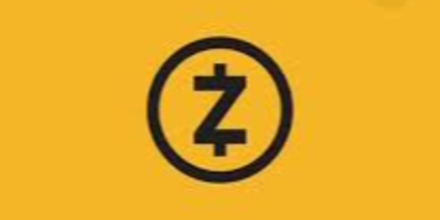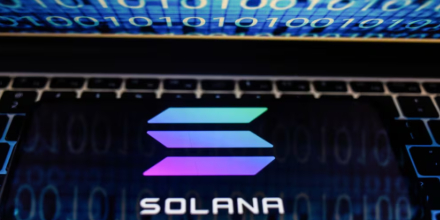Argentina Probes Crypto Scandals Tied to President, Celebrity Memecoins
Argentina’s opposition party, the Frente de Todos, has voted to reopen a formal investigation into President Javier Milei regarding his alleged involvement in the LIBRA token scandal. The decision comes amid mounting scrutiny over the origins and manipulation of the cryptocurrency, which surged to prominence earlier this year before collapsing in value. Hayden Davis, identified as a key figure in the LIBRA token pump-and-dump scheme, has been repeatedly linked to high-profile celebrity-backed memecoins that have exhibited similar patterns of volatility and insider trading. Davis, operating under the pseudonym Kelsier, has been accused of orchestrating the rapid price rise of LIBRA before selling off large portions of his holdings as the token’s value plummeted. The new inquiry seeks to determine the extent of any potential links between the president and Davis, especially as the latter has been tied to other controversial token launches, including those associated with political and celebrity figures. According to reports, Davis admitted to sniping the LIBRA token at launch, a tactic that contributed to its initial meteoric rise before the inevitable collapse. This pattern of behavior has now surfaced in the context of the YZY memecoin, launched by rapper Kanye West, where similar wallet activity was observed. The opposition party cited these overlapping patterns as grounds for further investigation into possible coordination between Davis and political figures. The probe will assess whether any public figures had access to non-public information regarding token launches or played a role in inflating the market for financial gain. The implications of the investigation extend beyond individual liability, as Argentina’s crypto regulatory framework remains under development and the government has yet to issue a comprehensive legal definition for digital assets. With Milei having previously expressed a pro-crypto stance, the potential conflict of interest between his policy views and the alleged activities of connected individuals raises questions about transparency and accountability in the sector. Analysts suggest that the findings could influence the trajectory of Argentina’s broader regulatory approach to cryptocurrencies, especially as global regulators increasingly scrutinize the intersection of politics and digital asset markets. As of now, no formal charges have been filed, and Davis has not publicly responded to the allegations. The investigation is expected to review blockchain transaction trails, funding sources, and communication records to establish any direct or indirect links to the president’s office. Given the speculative nature of celebrity-backed tokens and the volatility of the crypto market, the outcome could serve as a pivotal moment in Argentina’s regulatory evolution and the government’s role in overseeing digital financial instruments.

Disclaimer: The content of this article solely reflects the author's opinion and does not represent the platform in any capacity. This article is not intended to serve as a reference for making investment decisions.
You may also like
Review of the MMT Short Squeeze Incident: A Carefully Orchestrated Money-Grabbing Game
From hyping up to attract new users, pre-market warnings of breaking issue prices, aggressive rallies liquidating short positions, to a sharp crash wiping out long positions, this collapse not only burst the speculative bubble but also exposed deeper issues of manipulation and trust crisis within the industry.

When even Zcash is surging, is the bull market really coming to an end? — The frenzy and warning signs of privacy coins
Zcash surged by 241% in 30 days, mainly driven by the Prince Group incident, exhausted market narratives, celebrity endorsements, and liquidity shortages. However, its fundamentals have not improved and it faces high regulatory risks. Summary generated by Mars AI. The accuracy and completeness of this summary are still being iteratively updated by the Mars AI model.

Raiku: Equipping Solana with a "Deterministic Engine" to Prevent Transaction Failures
Raiku is a high-performance infrastructure layer on the Solana network that addresses transaction congestion and failure issues by reserving block space and employing a deterministic execution mechanism, thereby improving transaction stability and efficiency. Summary generated by Mars AI. The accuracy and completeness of this summary, generated by the Mars AI model, is still in an iterative update phase.

Trending news
MoreMorning Brief | Trump hopes to make the United States a "Bitcoin superpower"; crypto trading app Fomo completes $17 million Series A financing; how Ripple supports a $4 billion valuation
Metis Ecosystem x402 New Experiment: 500 million BANG tokens minted out, how does GMPayer drive cross-chain autonomous payments for AI Agents?
